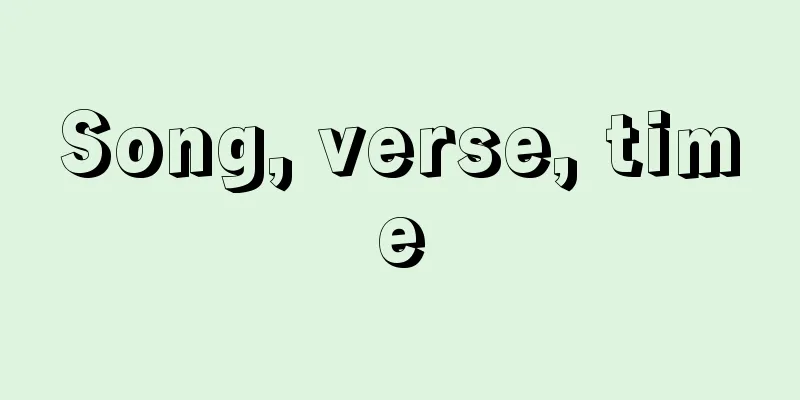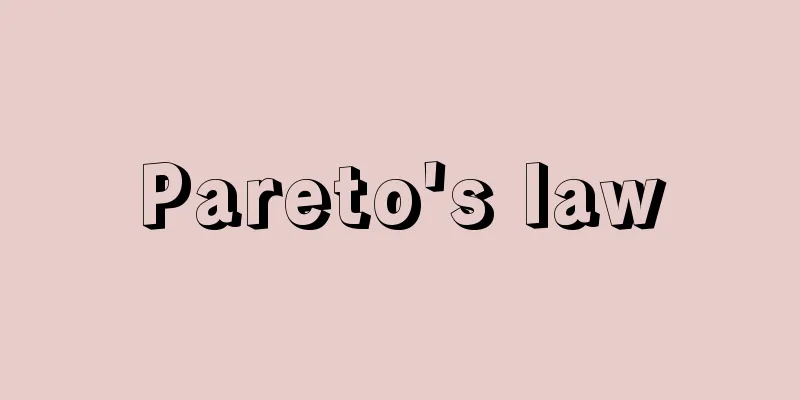User liability

|
An employer is liable for compensation for damages caused by an employee to a third party in the course of business (Article 715, Paragraph 1, Main Text of the Civil Code), which is called employer liability. This is based on the principle of reciprocal liability, which says that since an employer benefits from the employment of an employee, he or she should also bear the loss. For this liability to be established, (1) an employment relationship must exist, (2) the employee's harmful act must have been committed in the course of business, and (3) the employee's act must be a tort. However, if the employer proves that he or she was not negligent in selecting or supervising the employee, the employer will be exempt from liability (Article 715, Paragraph 1, proviso of the same law). However, academic theory and precedents interpret this exemption ground very strictly, and it is almost close to strict liability. The "employment relationship" in (1) refers to a relationship in which the employer actually directs and supervises another person to do work, and may be temporary use, non-commercial use, or use without compensation. (2) Whether or not an act was "performed in the course of business" is determined objectively from the external appearance of the act, regardless of the internal relationship between the employer and the employee or the subjective intention. In addition, work that is inseparable from the business and work that is incidental to the business are also included in the scope of the business. If an employer pays compensation based on this responsibility, it may exercise a right of reimbursement against the employee (Civil Code Article 715, Paragraph 3). However, because this can have a disastrous effect on the employee, academic theory and precedents tend to limit this right of reimbursement based on the principle of good faith, etc. [Toshio Takeuchi] [Reference item] |Source: Shogakukan Encyclopedia Nipponica About Encyclopedia Nipponica Information | Legend |
|
使用者は、被用者が事業執行につき第三者に加えた損害の賠償責任を負い(民法715条1項本文)、これを使用者責任という。これは、使用者は、被用者の使用によって利益を得ているのであるから、その損失も負担すべきであるという報償責任の原理に基づくものである。この責任が成立するためには、(1)使用関係が存在すること、(2)被用者の加害行為が事業の執行についてなされたこと、(3)被用者の行為が不法行為にあたること、が必要である。もっとも、使用者が被用者の選任・監督上の無過失を立証すると、使用者は免責されることとなる(同法715条1項但書)。しかし、学説・判例は、この免責事由をきわめて厳格に解しており、ほとんど無過失責任に近い。(1)の「使用関係」とは、使用者が実質的に他人を指揮監督して仕事をさせる関係をいい、一時使用、非営利的使用、無償使用であってもよい。(2)の「事業の執行についてなされた」か否かは、使用者と被用者との内部関係や主観的意図にはとらわれず、行為の外形から客観的に判断される。また、事業と密接不可分な業務や付随的な業務も、ここにいう事業の範囲に含まれる。 使用者が、この責任により賠償をした場合には、被用者に対する求償権を行使することができる(民法715条3項)。しかし、これが被用者にとって酷な結果となる場合があるので、学説・判例は、信義則等によりこの求償を制限する傾向にある。 [竹内俊雄] [参照項目] |出典 小学館 日本大百科全書(ニッポニカ)日本大百科全書(ニッポニカ)について 情報 | 凡例 |
>>: Ticket - joshaken (English)
Recommend
Yashio [city] - Yashio
A city in the southeastern tip of Saitama Prefectu...
Podostemaceae - Podostemaceae
Dicotyledonous, polypetalous. Annual or perennial...
Organic Articulation Disorder
[What kind of disability is it?] This is a conditi...
Relative contract - Aitai no keiyaku
...This refers to credit relationships that were ...
Van Hinloopen Labberton
1874-? Leader of the Dutch East Indies Theosophica...
The Great Train Robbery
1. A full-length adventure novel by American autho...
DTA - Digital Technology Association
Abbreviation for differential thermal analysis. [...
Gibbons, IR - Gibbons
…Microtubules are tubular fiber structures with a...
Geomagnetic chronology - Chijikihennen (English spelling) geomagnetic chronology
Investigating the chronological relationship of di...
Yanagihara Byakuren - Yanagihara Byakuren/Yanagiwara Byakuren
A Japanese poet. Her real name was Akiko Yanagiwar...
Nakazato [village] - Nakazato
A village in Shimajiri District, Okinawa Prefectur...
Kada - Kada
〘Noun〙 (Transliteration of gāthā. Translated as &q...
Bombing - Toudan
A type of weapon and hunting tool. A round, egg-sh...
O-odori (Okinawa performing arts) - O-odori
...Drumming arts are found in Okinawa and Yaeyama...
Prometheus - Prometheus (English spelling)
One of the Titans in Greek mythology. Brother of ...









